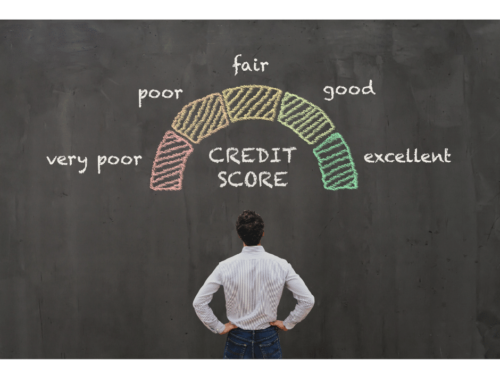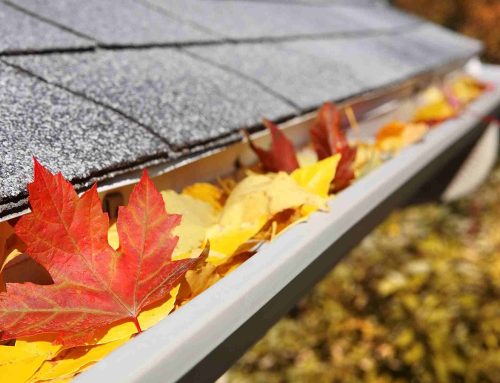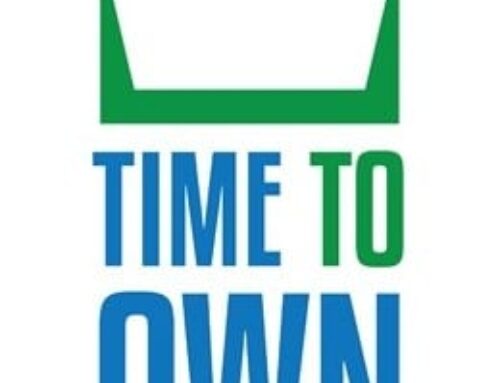Many home buyers will enlist the help of a professional inspector prior to the closing of a sale. A home inspector can evaluate any issues that might be costly down the road and can analyze the condition of the home. While all houses, both old and new, have their issues, there are a few key things a home inspector is looking for:
Water Damage
Mold and mildew stains can be a big red flag during a home inspection as some mold can be toxic. Even if the mold is normal, a buyer can request a mold remediation which can cost thousands.
Dampness in basements and crawlspaces are also sought out by home inspectors. Water in these areas can lead to deterioration of the foundation and can attract insects. Foundation problems are some of the most costly and can lead to the demise of a deal.
Plumbing Issues
An inspector will check the water pressure of all faucets, toilets, and appliances that require water use. They will also look to see if there are any drainage issues with the septic.
Electrical Problems
Especially with older homes, an inspector will look to see that the electrical panel and circuit breaker are up to code. All receptacles will be tested to ensure the wiring has been done correctly. Replacing electrical work can be extremely costly but is imperative to the safety of a home.
While a home inspector can discover costly issues, remember that their job is to ensure the safety of the home you are purchasing. It’s better to know about any potential problems ahead of time so that they can be resolved before the closing.



